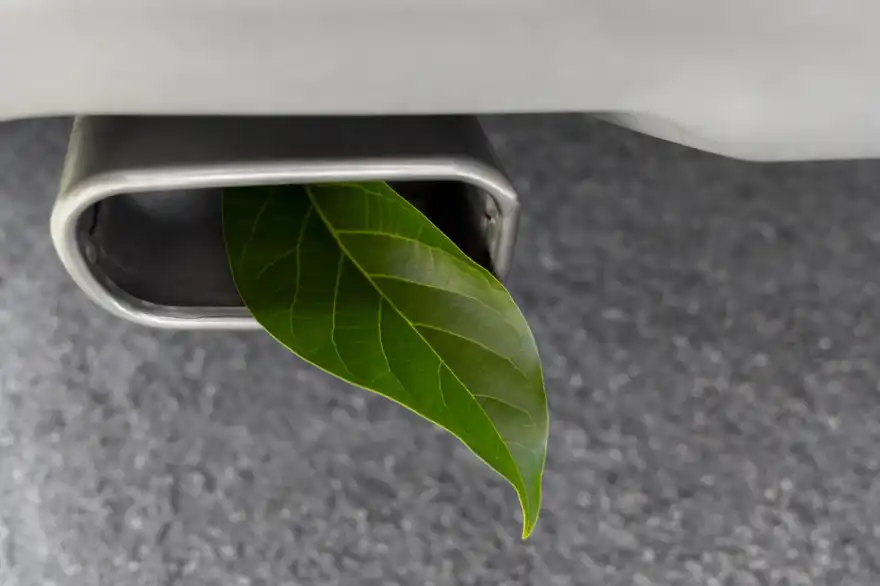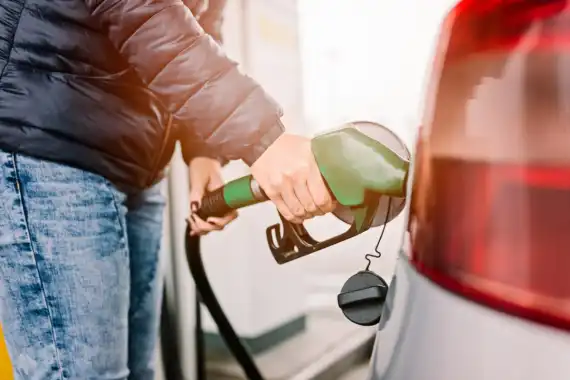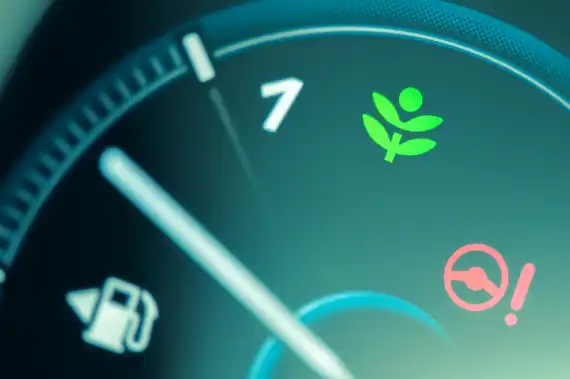
Petrol isn’t just petrol. There are all sorts of additives and compounds in there, but it all works more or less the same way once it’s in your engine. That could change under government proposals to introduce E10 eco-petrol into the UK by 2020.
Unleaded petrol currently contains up to 5% bioethanol, a renewable energy source made from sugar fermentation from specifically grown crops of corn, maize, wheat or sugar cane. This reduces carbon emissions and, with increasingly tough pollution targets to meet, there’s a proposal to increase that share to 10%.
By switching to this new E10 fuel, carbon emissions from petrol cars could be reduced by as much as 6%. However, while blending in bioethanol into petrol at 5% won’t upset any mechanics, doubling that to 10% starts to fundamentally alter the chemical structure of the fuel, and that could cause some problems.
In fact, more than half a million cars on UK roads won’t be compatible with the new level of bioethanol, and could see their engines being seriously damaged by the move to a more eco-friendly product.

A study by the RAC Foundation estimates there will be 634,309 cars on the road that won’t work correctly with the new fuel, including some that are surprisingly common. Chief amongst them is the Volkswagen Golf, that the RAC Foundation estimates more than 28,000 models of which will be affected.
The classic MG B, Morris Minor and Ford Escort each appear in the top ten, but even relatively modern cars such as the Mazda MX-5 and MG TF could be damaged by the new fuel. As many as 150,000 cars built since 2000 are susceptible to issues with bioethanol. The top ten is completed by the Nissan Micra, Rover 25, MG F and Rover Mini.
There is good news. With more than 30 million cars on the UK roads, the number of models affected by the introduction of E10 is small. Even if your car is liable to suffer issues with bioethanol, the Department for Transport’s plan is for larger fuel stations to continue selling current unleaded fuel, with just a 5% mix of renewable energy.

“As and when E10 appears on the forecourts, drivers need to know whether their cars can use it without being damaged,” explains Steve Gooding, director of the RAC Foundation. “This analysis shows that even in a couple of years’ time there will still be hundreds of thousands of cars on our roads that are incompatible with the new fuel.
“Whilst some of those incompatible with E10 fuel will be historic models, many will be old but serviceable everyday run-arounds that people on a tight travel budget rely on to get about.
“The good news is both that the vast majority of cars on our roads are able to run on E10 and that Transport Secretary Chris Grayling has recognised the need to protect the users of those older vehicles which are not E10 compatible.”
Owners of older cars, especially those listed, can speak to their manufacturers or local dealer, each of whom should be able to confirm E10 compatibility immediately.
The USA, Australia, New Zealand and Brazil have had E10 fuel for years, whilst it’s already widely available in France and Finland. However, when it was introduced in Germany it faced negative press from environmental groups such as Greenpeace and the Nature and Biodiversity Conservation Union. Their claim that the increasing use of land to supply bioethanol crops has been tied with the destruction of forests and wetlands, and that carbon emissions overall won’t drop.
